Apple Watch: What's in it for business users?
Apple's much-anticipated move into "wearables" is now official. But the business potential of the technology is far from clear
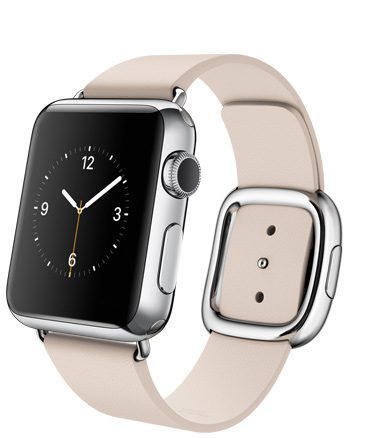
Inside the enterprise: Hardly anyone was surprised when Apple announced earlier this week that it will be making watches. There have been rumours about the company's plans for wearable technology for some time and nor is Apple new to miniature electronics. Just look at some of its earlier designs for iPods.
The Apple Watch will compete with other consumer electronics brands' offerings, including Sony and Samsung. And smart watches have been around for some time before even those. Microsoft had a programme of smart watches, named SPOT, supported by a low bandwidth wireless data service, more than a decade ago.
Apple, though, has a track record of creating consumer desires for devices that are otherwise viewed as overly techie, or overpriced. In fact, the Apple Watch is not particularly expensive. At around 215,the Apple Watch is comparatively cheap, in a market where a "dumb" fashion watch can cost several hundred pounds and a quality chronograph, many thousands.
For that price, the new watches come with a suite of advanced technologies, including accelerometers, heart rate monitors, and GPS.
Apple is already touting the Watch as a fitness and health accessory, and will release a sports version. Again, compared to high-end sports watches or fitness monitors from Garmin or TomTom, the Apple Watch looks competitive. And there is the potential to add new functions, through the watch's ability to run apps.
And, although the new watches will not go on sale until 2015, it is inevitable they will make their way into the enterprise. Apple's cachet means they will appear on plenty of executives' wrists, whilst pricing keeps it in range of younger technology adopters too.
No doubt this will lead to concerns about security in the workplace, although the watches will not have Wi-Fi or cellular connectivity in their own right: owners will need an iPhone to provide that. So it should be possible to secure the Apple Watch, by securing its associated iPhone.
Get the ITPro daily newsletter
Sign up today and you will receive a free copy of our Future Focus 2025 report - the leading guidance on AI, cybersecurity and other IT challenges as per 700+ senior executives
The productivity benefits of smart watch technology, though, are harder to gauge. With WatchKit, developers will be able to create scaled-down versions of apps, so it is perfectly possible that we will see wrist-based business applications in the near future.
Apple has already said productivity apps are likely to focus on areas such as notifications and calendar updates, and being able to "hand off" a message started on the Watch to an iPhone.
But there could also be scope for business "dashboards" or even data analysis tools to send alerts, or allow for queries. This could work well, if combined with Siri's voice technology.
Firms may also benefit from customers being able to pay for services using Apple Pay, although this will initially only be available in the US. The watch will even allow frequent travellers to keep all their airline boarding cards in one place. CIOs will not be the only ones to justify buying an Apple Watch on the company credit card.
-
 Should AI PCs be part of your next hardware refresh?
Should AI PCs be part of your next hardware refresh?AI PCs are fast becoming a business staple and a surefire way to future-proof your business
By Bobby Hellard Published
-
 Westcon-Comstor and Vectra AI launch brace of new channel initiatives
Westcon-Comstor and Vectra AI launch brace of new channel initiativesNews Westcon-Comstor and Vectra AI have announced the launch of two new channel growth initiatives focused on the managed security service provider (MSSP) space and AWS Marketplace.
By Daniel Todd Published
-
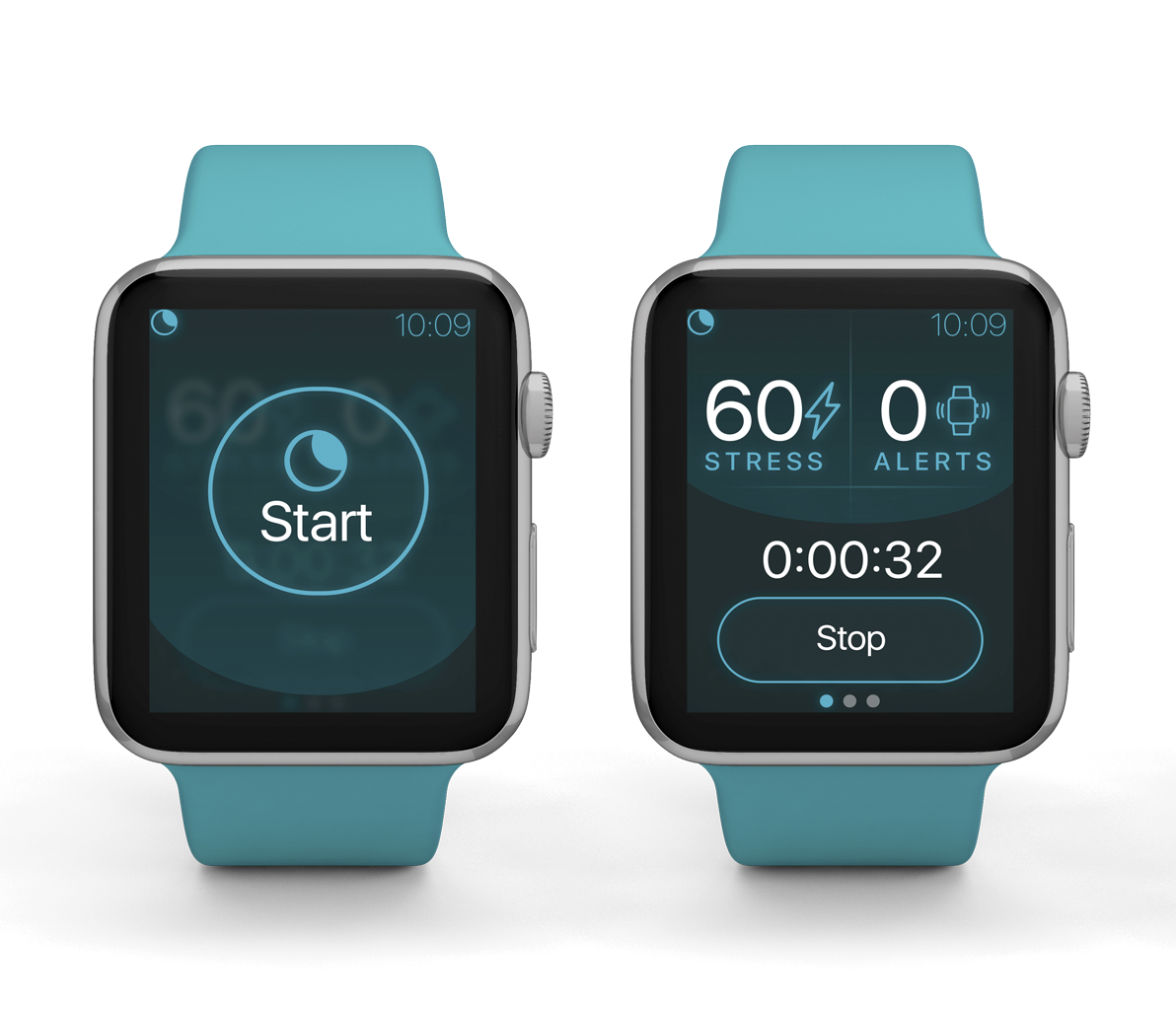 FDA approves Apple Watch app that helps people with PTSD sleep better
FDA approves Apple Watch app that helps people with PTSD sleep betterNews The FDA designated NightWare a Breakthrough Device, expediting its development and review
By Tyler Omoth Published
-
 Google tries to make TV techies less white and nerdy
Google tries to make TV techies less white and nerdyNews Tech giant's media team tackles TV's clichéd portraits of IT workers
By Adam Shepherd Published
-
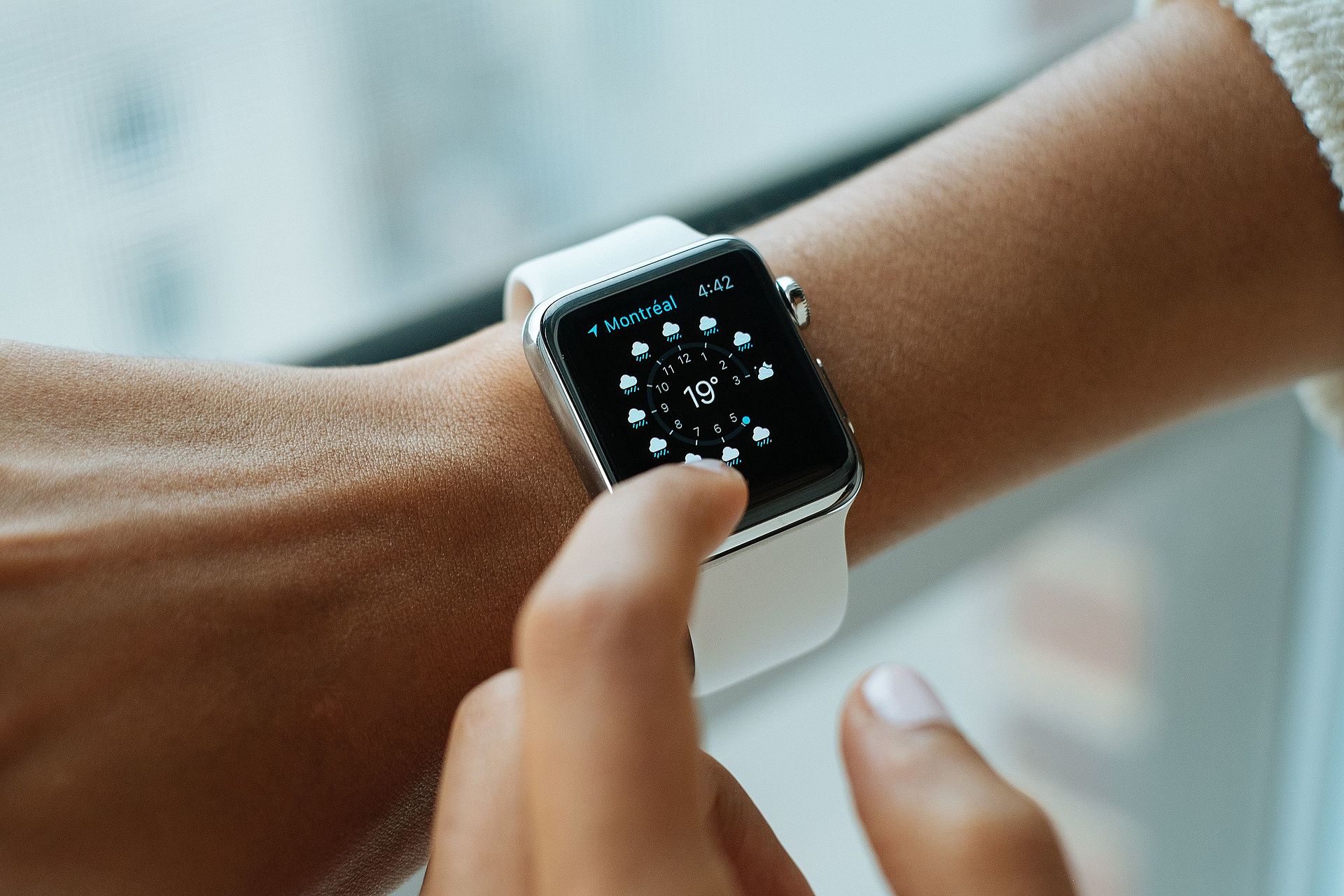 Apple 'has secret team working on diabetes management tech'
Apple 'has secret team working on diabetes management tech'News Sensors could monitor blood sugar unobtrusively
By Rene Millman Published
-
 Citrix acquires Unidesk to make app layering a cinch
Citrix acquires Unidesk to make app layering a cinchNews Virtualisation firm also promises trade-up offers for cloud-seeking customers
By Joe Curtis Published
-
 Microsoft Windows 10 Event live blog: Microsoft unveils new convertible Surface Studio All-In-One
Microsoft Windows 10 Event live blog: Microsoft unveils new convertible Surface Studio All-In-OneIn-depth Microsoft unveils rumoured desktop Surface for designers
By Adam Shepherd Published
-
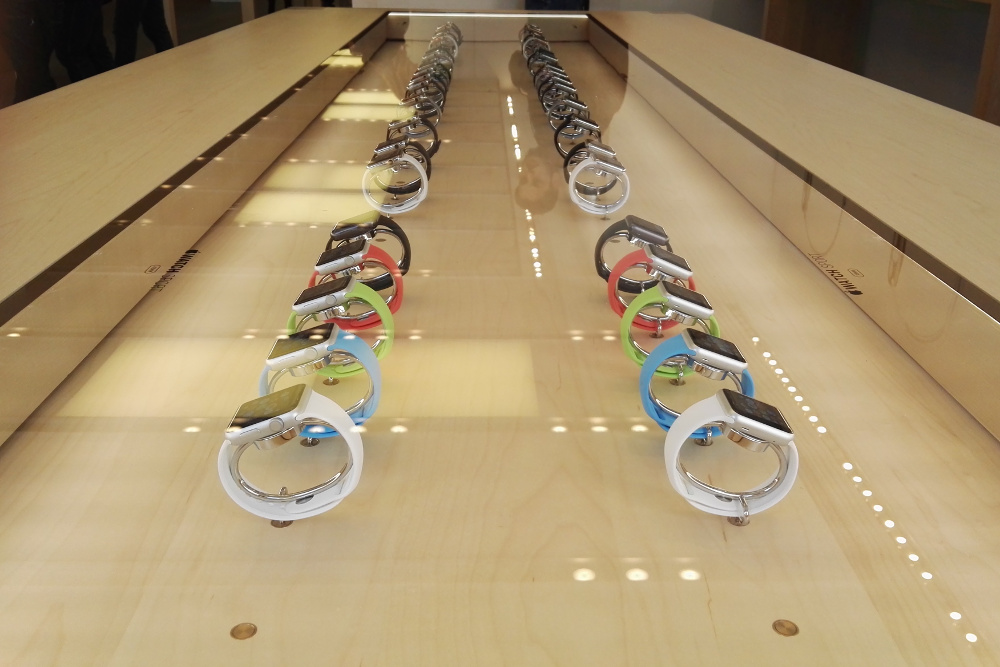 Smartwatch security threats: The sky isn’t really falling
Smartwatch security threats: The sky isn’t really fallingOpinion Wearables are too young to pose a real threat to data security, says Davey Winder
By Davey Winder Published
-
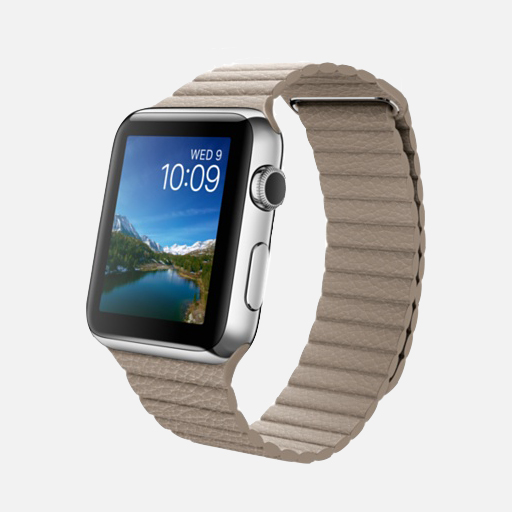 Apple appoints Jeff Williams as COO
Apple appoints Jeff Williams as COONews Phil Schiller’s responsibilities expand to include management of App Store across platforms
By Clare Hopping Published
-
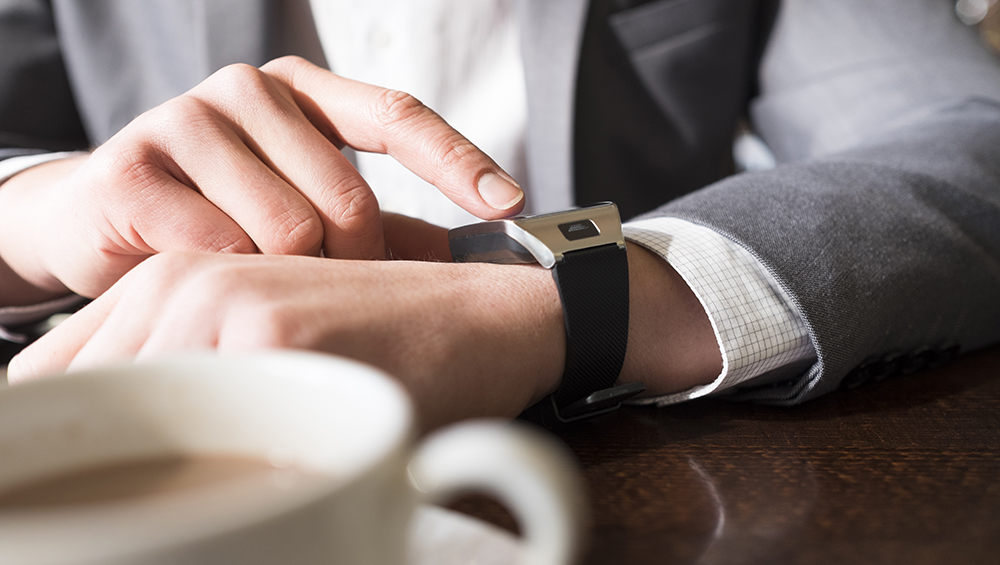 Chinese vendors storm worldwide wearables market
Chinese vendors storm worldwide wearables marketNews However, Fitbit and Apple lead the charge with its wrist-mounted devices
By Clare Hopping Published